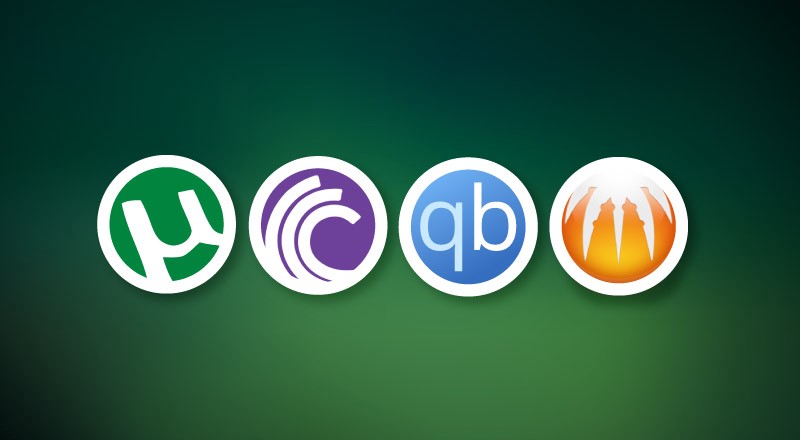All about torrents

Torrents are a peer-to-peer (P2P) method of file sharing. Instead of using a centralized server, torrents allow you to download files from other computers. The same file can be downloaded from multiple systems at once, facilitated by the BitTorrent network. To download and upload files, you need to connect to the network using a torrent client available on the internet, like Vuze or uTorrent.
On the BitTorrent network, a peer is someone who is uploading or downloading a file. A group of peers are known as a swarm. There are two kinds of peers; seeders and leechers. Seeders are peers who have downloaded the file fully on their system and have made it available for other peers to download. Leechers are peers who download what they want without hosting it for others. When the number of seeders is greater than the number of leechers, your download will be faster. It is also considered safer to download files with a high number of seeders.
One concern users have about torrents is regarding their legality. The act of torrenting is legal, but the content hosted by peers may not be so. Downloading copyrighted material is illegal, and a third of all content downloaded using torrents are found to be copyrighted. Depending on your country, this could lead to severe consequences. For example, in Japan, owning illegal copyrighted material could fetch you up to ten years in prison. In India, there haven’t been any severe consequences on people downloading copyrighted content from torrents. That being said, I do not endorse downloading or owning illegal copyrighted material in any manner.
There are two sides to every coin.
Another concern about torrents is regarding safety and privacy. Since there are many illegal files hosted on the BitTorrent network, several malicious files come along with it. Usually, malware is hidden along with the actual file you requested, but there have been instances where malware is disguised as a legitimate file itself. Ultimately, it’s a gamble. If you want to use torrents, be prepared for the risk which comes with them. Like I mentioned before, files with a high number of seeders are less likely to be infected, so you can use this trick to be on the safe side.
It is also advisable to use a VPN to mask your IP address from your ISP while downloading torrent files, thereby giving you an extra layer of security. Without a VPN, your ISP can monitor your activity on the BitTorrent network, and they may share this information with third parties like law enforcement authorities or the owners of the file.
A large amount of copyright material is what makes torrents so popular. Torrents can’t be considered entirely safe, but using antivirus software and a VPN can dampen the risk. Now that you know how it works, you can make a better-informed decision about venturing into this world.
Enjoy Reading This Article?
Here are some more articles you might like to read next: